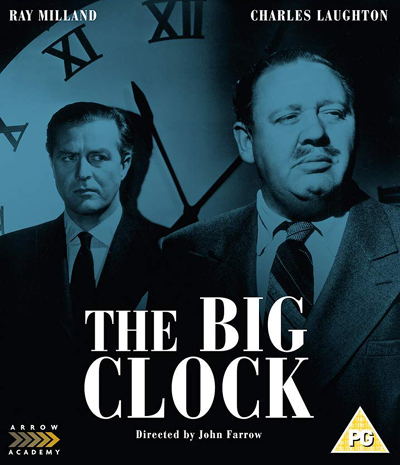
Janoth goes to his assistant Hagen and tells him what happened, intending to surrender to the police and confess. Janoth assumes that York is cheating on him, leading to a quarrel in which he strikes York with the sundial, killing her. Janoth sees someone leaving but does not recognize Stroud in the dark. Stroud and York go to her apartment, but York sees Janoth arriving and Stroud leaves. Stroud spends the evening drinking with York, and he buys a painting and a sundial. When Stroud loses track of time and misses the train for West Virginia, Georgette angrily leaves without him. Stroud goes to a bar to drink and is distracted by the attentions of Janoth's glamorous mistress Pauline York, who proposes a blackmail plan against Janoth. His tyrannical boss Earl Janoth wants him to stay to pursue a missing-person story that Stroud has just cracked, but Stroud refuses and Janoth fires him. Thirty-six hours earlier, Stroud is eager to embark on a long-postponed honeymoon in Wheeling, West Virginia with his wife Georgette and son. The clock dominates the lobby of the Janoth Publications building in New York City, where Stroud works. George Stroud, editor-in-chief of Crimeways magazine, hides from building security inside the "big clock," which is the largest and most sophisticated clock ever built. Noel Neill has an uncredited part as an elevator operator very early in the film. Elsa Lanchester and Harry Morgan, in an early film role, also appear. The black-and-white film is set in New York City, and stars Ray Milland, Charles Laughton and Maureen O'Sullivan.

The Big Clock is a 1948 American thriller directed by John Farrow and adapted by novelist-screenwriter Jonathan Latimer from the 1946 novel of the same title by Kenneth Fearing.


 0 kommentar(er)
0 kommentar(er)
